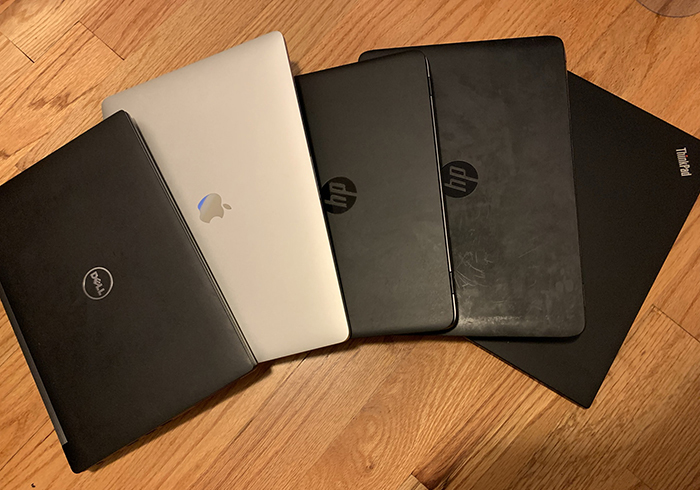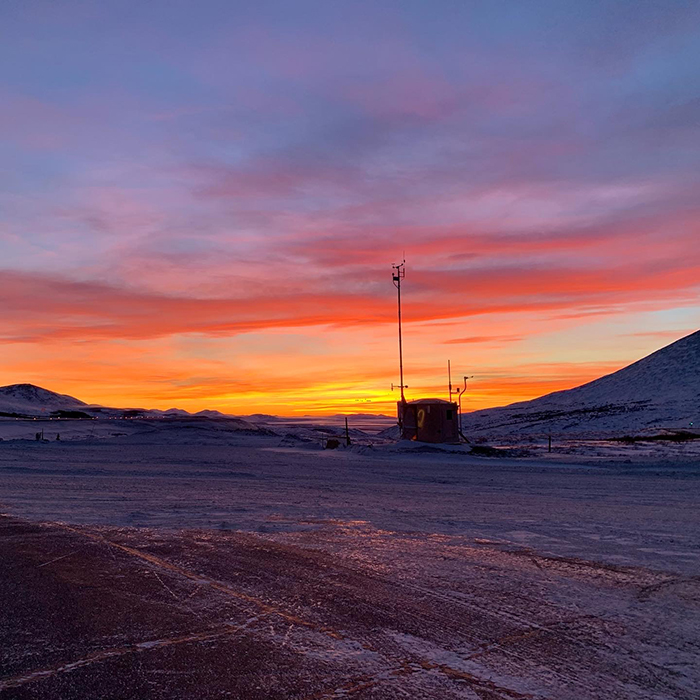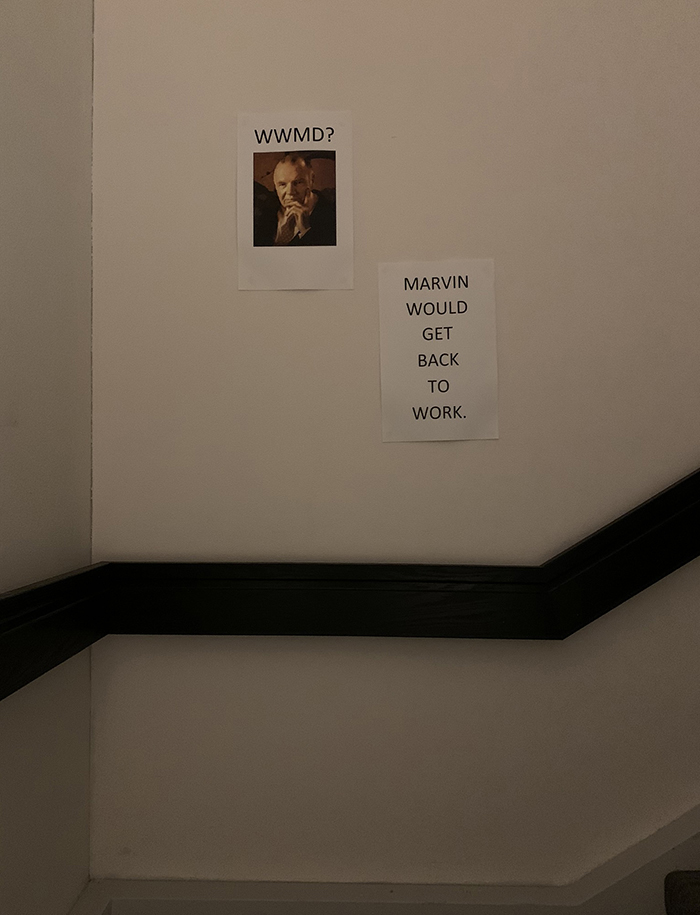Data Science at McKinsey
A data scientist's experience at The Firm.

Table of Contents
- Introduction
- An Opportunity to Solve Problems at Scale
- An Opportunity to Work with Extraordinary People
- An Opportunity to Broaden Horizons
- Closing Thoughts
Introduction
I’m writing this post after leaving my role as a Data Scientist at McKinsey (“the Firm”) which I started back in July 2019 (you know, before the COVID pandemic thing). My experience at McKinsey was full of opportunities - opportunities to solve challenging problems, to work with brilliant individuals passionate about their careers and fields, and to broaden my horizons as a data professional, consultant, and problem-solver. I’m grateful for all of the opportunities including working in a handful of industries, within multiple practices, and with dozens of stellar clients.
Before going into more detail, it may interest you to learn a bit more about the history of McKinsey - especially if all that you associate with McKinsey are NY Times articles. You can find an interactive timeline describing the Firm’s inception in 1926, accomplishments (e.g., UPCs), growth, and milestones (such as the first women MBAs at the Firm) by consulting this overview of McKinsey’s history. The Firm is more than the mystique - it’s an organization that employs great colleagues, some of which have become lifelong friends.
On a side note, McKinsey maintains a collection of some of the best offices in the world. So grateful for the opportunity to visit these offices (a full list of offices can be found here):
- Boston, MA
- Cleveland, OH
- Detroit, MI
- New York, NY
- Philadelphia, PA
- San Francisco, CA
- Seattle, WA
- Silicon Valley, CA
- Waltham, MA
- Washington, DC
1. An Opportunity to Solve Problems at Scale
Typically, clients don’t approach McKinsey (and its artificial intelligence / data science arm, QuantumBlack) to solve their small- or even medium-sized problems. Companies and organizations approach McKinsey to advise on problems that weigh on the minds of CEOs, COOs, and CFOs. Specifically, for data science, these initiatives often appear as proofs-of-concept (POCs) that need to demonstrate value in order to be productionized within the organization. Sometimes, this requires training one or more machine learning models, other times it requires rigorous analysis of large data sets. Scale and magnitude - all of these studies possess potential to change the client forever.
McKinsey doesn’t just throw you into the fire - though after a few weeks of training - you’ll typically be expected to perform at a high-level. Increasingly through QuantumBlack, a company acquired by McKinsey in 2015, McKinsey delivers strategy and operations improvements through artificial intelligence. If you need to optimize a plant, a mill, a chemical reactor, a fleet of electricity equipment, or a supply chain, there’s a McKinsey solution and team ready to help. These AI-enabled teams come equipped with tools to help accelerate time to value including Kedro, OptimusAI, and Power Solutions among many others.
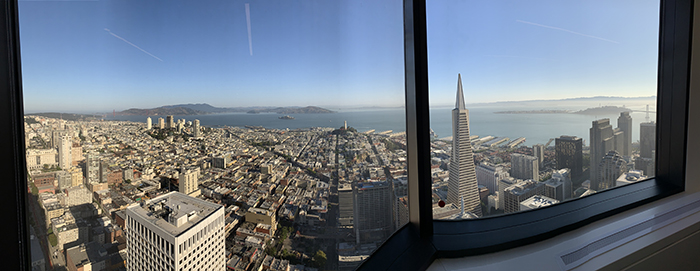

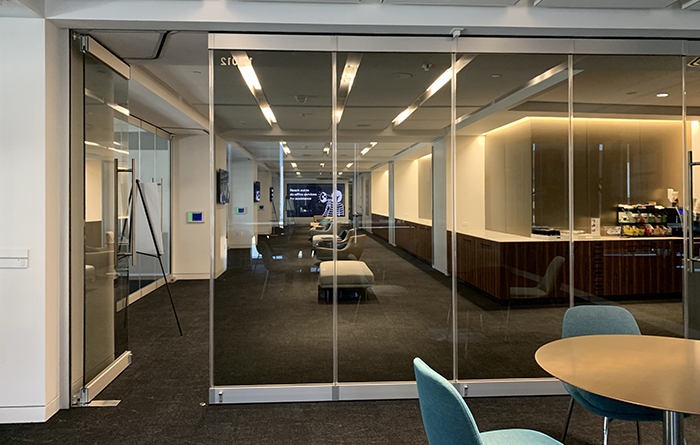
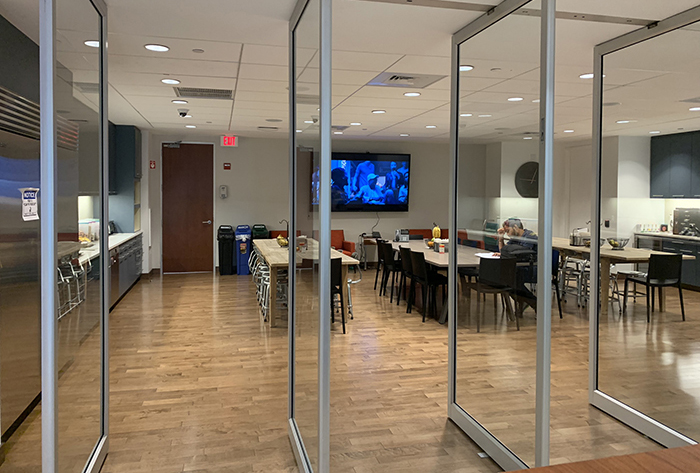
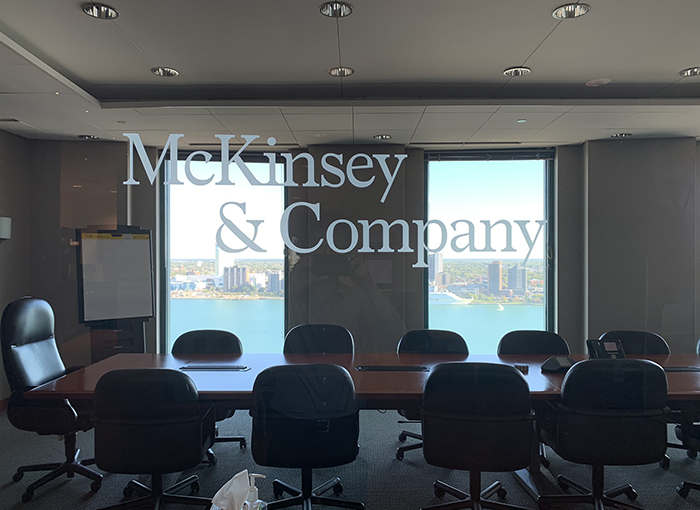

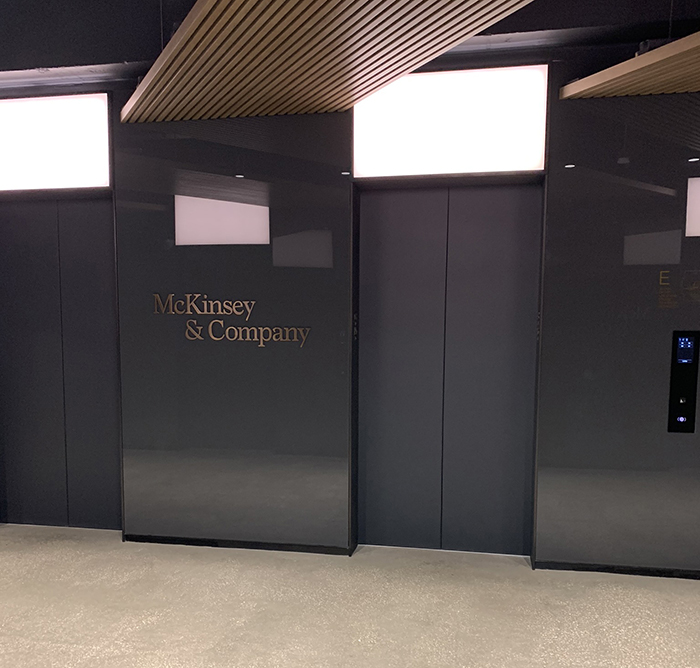
2. An Opportunity to Work with Extraordinary People
The McKinsey team is an important unit to mention. A team can range from as small as a pair of colleagues to as large as dozens – this obviously varies based on the scale and scope of the client engagement. Data science or analytics studies tend to range on the larger side of teams as McKinsey pulls from a deep bench of generalists, industry specialists, and technologists to tackle the problem.
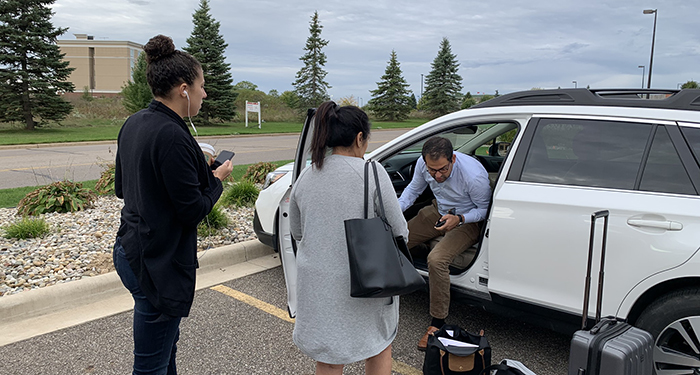
Car won't start? You don't need AAA! McKinsey teams adapt to any problem and have experts a call away.
You are not limited to your team, though, when working at McKinsey. The Firm has a seemingly unending pool of experts, whether you have an industry question or a data science question. The practices and groups at McKinsey are a significant part of the opportunity to learn from and mentor other colleagues with similar interests.
The brilliance extends to the clients we partner and develop relationships with throughout engagements. Given the depth of knowledge required of both the problem, company, and industry – data scientists, and consultants in general, lean heavily on client knowledge to help formulate a solution that works for them. I’ve facilitated calls with folks having hundreds of years of combined experience, collectively dozens of PhDs and other advanced degrees, and a willingness to improve.
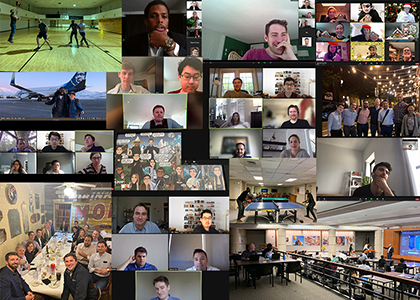
Awesome teams whether remote or in-person.
3. An Opportunity to Broaden Horizons
As a data scientist entering the workforce out of graduate school, I knew little about applying data science in various industries. The nature of consulting is a great starting point for a new data scientist – you receive both breadth and depth within your first couple of years.
My journey led me through studies with clients in public sector, education, healthcare, financial services, high-tech manufacturing, and basic materials processing. All require nuanced understanding – a solution in public sector won’t suit a client in financial services. I’ve had the opportunities to travel to New York City, northern Alaska, San Francisco, suburban Ohio, and many other locations.
While working within each industry or with a particular client, you’ll face a need to learn and grow as a data scientist. What are the best practices now and how are they insufficient? How do you know what a piece of equipment does? What regulations impact the decision you want to optimize? Answering these questions with repeated regularity as you roll onto new projects develops your sense of what is important for a particular client – this process also develops your sense of what is important for you.

A textbook to help explain the fundamentals of communition.
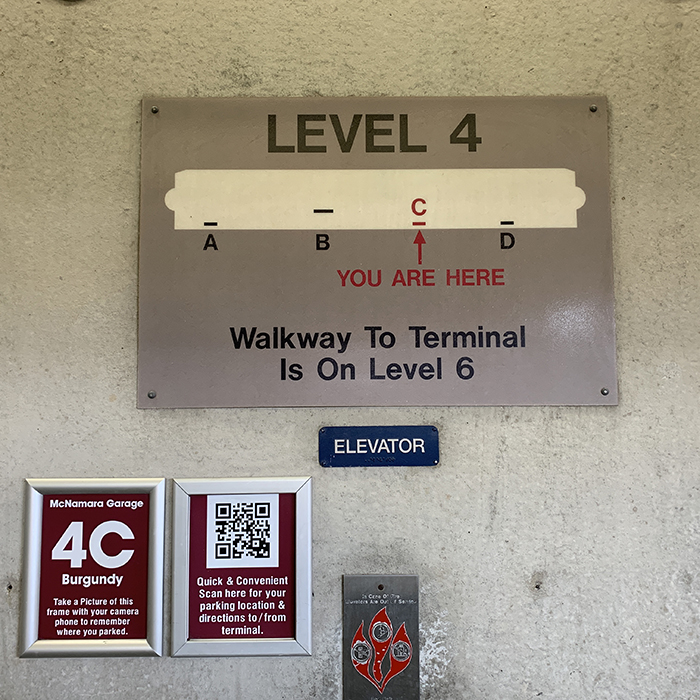
Navigating a parking garage, trying to find my team.
Closing Thoughts
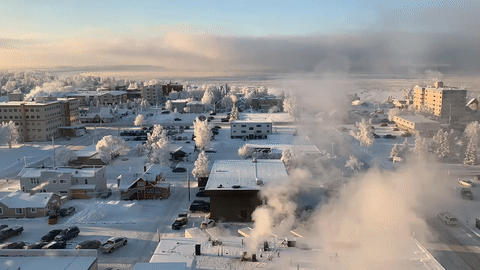
Alaska is a great place to clear your mind and get work done.
McKinsey adapts to challenge and change – that’s how a strategy consulting firm thrives for nearly a century. The Firm accomplishes this by attracting outstanding clients and colleagues and that trend continues as the Firm embraces increasing technology and data demands from clients, industry. Each client and each colleague bring unique qualities which collectively make McKinsey stand out decade after decade. Sui generis.
As a data scientist at McKinsey, the potential is clear but difficult to quantify. You will not be expected to only build a model, you will develop the business acumen required to know if it’s the right model or even if you’re solving the right problem. You naturally will steer toward highest value. The opportunities to solve problems at scale, work with brilliant people, and broaden my horizons at the Firm are innumerable, though I did my best to capture the scale and scope here. I’ll leave you with some random photos from my journey. Enjoy!

